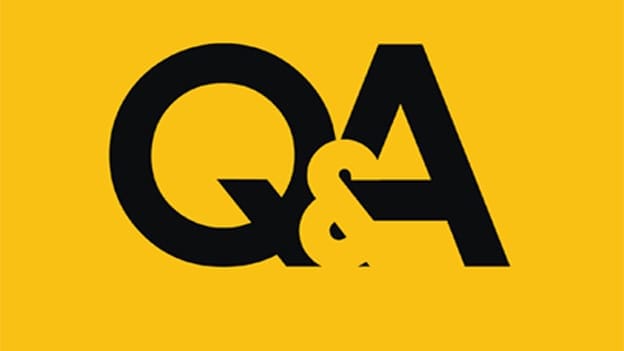‘With evolving workforce, we need an agile, holistic approach to performance management’

Usha Devi is the Group HR and Transformation at Ramsay Sime Darby Health Care in Malaysia. She is responsible for all aspects of people and work climate. She is part of the leadership team in spearheading people cultural transformation in the organization to provide the best service to our patients and to ensure the sustainability of the organization.
Usha is a human resource practitioner who is passionate about creating a conducive and engaged work climate to bring out the best amongst the employees in the dynamic business environment. She has worked with several local and multinational organizations in different industries, half of which in leadership roles.
In a freewheeling discussion with People Matters, Usha throws light on the role of HR as a strategic business partner and new age performance management.
While HR has evolved from a mere function to a strategic business partner, HR still isn't really the most glamorous-looking department within a company. What's your view on this?
Frankly, HR doesn’t need to be the most glamorous-looking department. Our role is to partner organizations to build and retain capabilities. Importantly, we must ensure we bring value-add to the business and to our internal customers i.e. our employees. In recent times, I have seen how our internal customers are seeing the value-add HR brings and in fact, they now have raised their bar of expectation from HR, which is a good development. Interests from non-HR folks to be part of the HR fraternity is also increasing and this is a clear indicator of the contribution and value HR is bringing to the table.
Can you share some insights on how HR, in general, is transitioning to the next level in the digital era? Are you working on anything new?
In the past, HR does things purely for HR’s reasons i.e. data maintenance, administrative. We need to look past this to what do our internal customers want. Basically, our employees are demanding for immediate information/process that is quick, accurate, transparent and agile. HR systems need to be agile to cater to this. HR systems need to be customer-centric.
We do have an existing system and are still exploring to further enhance our existing system to be more self-managed and agile.
In the wake of digital transformation, effective leadership and the right mix of culture is required. What is the mindset that leaders require to succeed in a digital world?
Openness to change, pro-active, understands customers current and future needs/demands. HR needs to look two steps ahead on how to support the organization to be more efficient and productive.
79% of global executives rated agile performance management as a high priority, according to a survey by Deloitte. How do you see this?
Definitely, performance management needs to be more agile. We should look into the full spectrum of not just performance but also talent capability and potentials, more so in an evolving flexible workforce. I am not sure what is the right answer yet, but I believe performance management should not be rigid. It should be fluid to cater to business and culture changes. We should move forward to a more flexible way to not just manage performance, but importantly, how we provide the support and resources to the team members to further enhance their capabilities. Conversations/feedbacks (and this works both ways) are more important than just the formality of the system.
What are the barriers for women in APAC organizations to rise to key leadership positions?
Women definitely have what it takes to climb to the highest level and most organizations are supportive of this. Just as an example, in my organization, we have six hospitals in Malaysia and Indonesia. Five out of the six hospitals’ CEOs are female. What I have noticed is women sometimes lack self-confidence. As they are on the threshold of the key leadership role, they began to have some doubts. That is why support groups/mentoring are so important to give that nudge to women talents to move forward.
What will be HR’s biggest challenges in the coming year for Southeast Asian countries?
Identifying successors & talent pipeline, talent development, organizational culture and employee retention.















